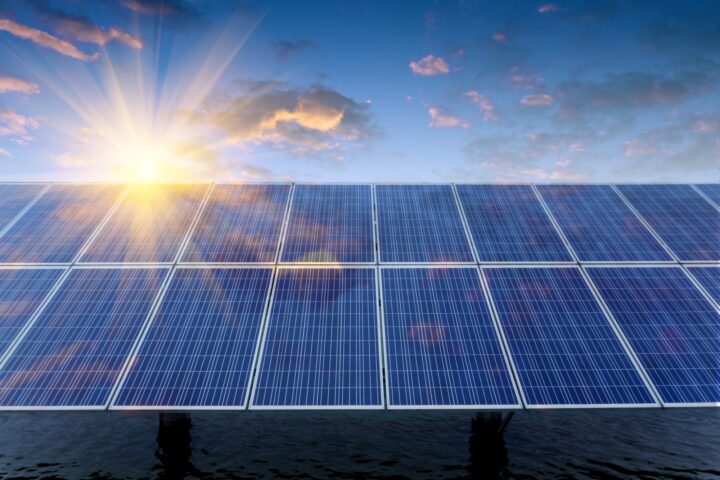Are solar panels a good investment for your home? In theory, the answer is simple – yes.
Solar panels bring you financial gains through grants, tax credits, and energy savings. They’re so financially beneficial that some homeowners make more money by investing in solar panels than they do by selling them after a few years.
But as with any investment, there are also some disadvantages of solar panels. For homeowners on the fence, it’s important to weigh the pros and cons of solar energy to make an informed decision.
Are you on the fence about installing solar panels? If so, then this article is one you should read! In it, we’ll discuss the advantages and disadvantages of solar energy, helping you make a more educated, informed decision.
What are Solar Panels
A solar panel is a flat panel designed to collect sunlight and convert it into electricity. Solar panels are a key component of solar power plants, as well as being used for residential and commercial purposes.
They are made of a type of semiconductor material, usually silicon, and are arranged in a grid-like pattern on a metal plate. When sunlight hits a solar panel, the semiconductor material absorbs the light and produces an electric current.
Advantages of Solar Panels
Solar panels are becoming increasingly popular due to the much information about solar advantages.
Solar panels are a clean and renewable source of energy, which means they don’t produce harmful emissions. They’re also low-maintenance and can last for many years with little or no upkeep.
Additionally, solar panels can be used to power homes, businesses, and even vehicles. They have no moving parts, so they require very little maintenance.
They also have a very long life span and can last for decades with proper care. Solar panels are also very efficient at converting sunlight into electricity, and they can produce a significant amount of power even in cloudy or shady conditions.
Disadvantages of Solar Panels
Though solar electricity is widely sought after, it also has so many disadvantages.
One of the biggest is the initial cost of purchasing and installing the panels. Solar panels also require a sunny location to work well, which means they may not be a good option for some homes and businesses.
Additionally, solar panels may not produce enough power to meet all of a home or business’s energy needs. That’s why supplemental energy sources, such as fossil fuels, may still be required.
Solar panels also require a lot of maintenance. They have to be cleaned often to prevent them from getting damaged.
Additionally, solar panels can be less reliable in extreme weather conditions, such as during a cloudy day or a winter storm.
A Deep Dive Into the Importance of Training and Development for Employees
Go Solar!
While solar panels have many advantages, there are also some disadvantages. They are a renewable resource, environmentally friendly, and can save you money on your energy bill.
If you’re considering going solar for your home, be sure to do your research about the disadvantages of solar panels and see if they’re the right fit for you.
Interested in learning more? Browse our blog for more information on topics you’re interested in.


